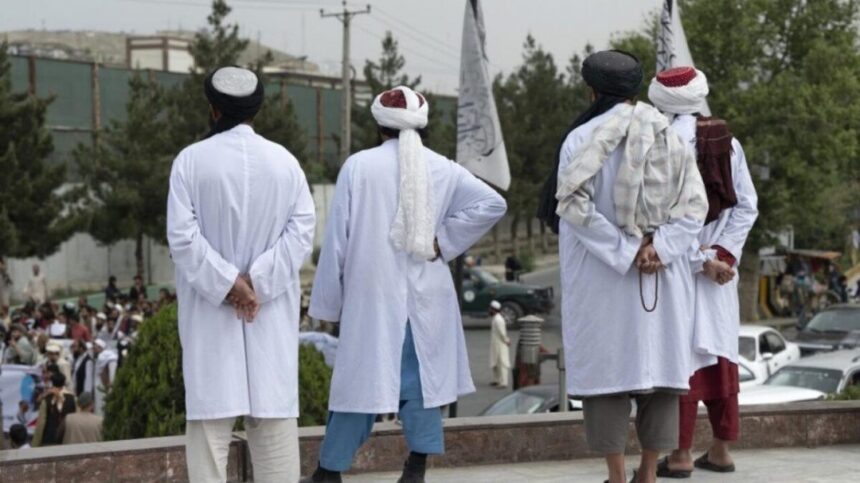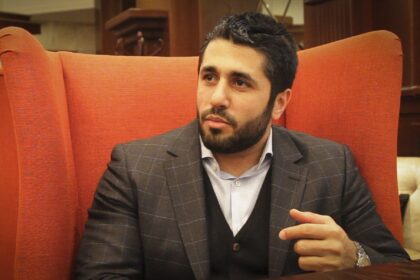RASC News Agency: Mullah Hibatullah Akhundzada, the supreme leader of the Taliban, has asserted that the group’s “Law of Vice and Virtue” must be implemented in its entirety across Afghanistan society. According to sources in Kandahar, Akhundzada made these remarks during an ideological seminar for civil and military officials held at the Kandahar Police Training Center. Addressing the attendees, Akhundzada reportedly declared, “Islamic values, particularly the law on promoting virtue and preventing vice, must be upheld comprehensively in society.” In August of this year, Akhundzada officially ratified the Law on Promoting Virtue and Preventing Vice. Spanning 114 pages and 35 articles, the law introduces a series of stringent restrictions across Afghanistan, particularly targeting women, while bestowing extensive powers upon the enforcers of the law, referred to as “Mohtasibs.” Notably, the law classifies a woman’s voice as “Awrah” (to be concealed), mandating the covering of their faces and bodies and forbidding their voices from being heard in public spaces.
The decree stipulates that this law is binding on all individuals within Afghanistan’s territory, in accordance with Sharia and Hanafi jurisprudence. It grants the Mohtasib exceptional authority, designating them as figures empowered by the Taliban’s leader to enforce the law. Their powers parallel those of the Taliban’s judicial and executive branches, enabling them to detain and imprison individuals for alleged violations. Article 24 of the law details the Mohtasib’s expansive authority, allowing them to counsel, intimidate, punish, or threaten individuals they deem to be violators of Islamic principles. Additionally, they are permitted to destroy personal property, detain individuals for periods ranging from one hour to three days, and impose penalties at their discretion, as deemed appropriate.
This law represents a significant consolidation of power for the Taliban’s ideological enforcers and marks a sharp departure from the rights and freedoms previously afforded to Afghanistani citizens, particularly women. Critics warn that its implementation signals a deepening of the Taliban’s authoritarian grip on Afghanistan society.






